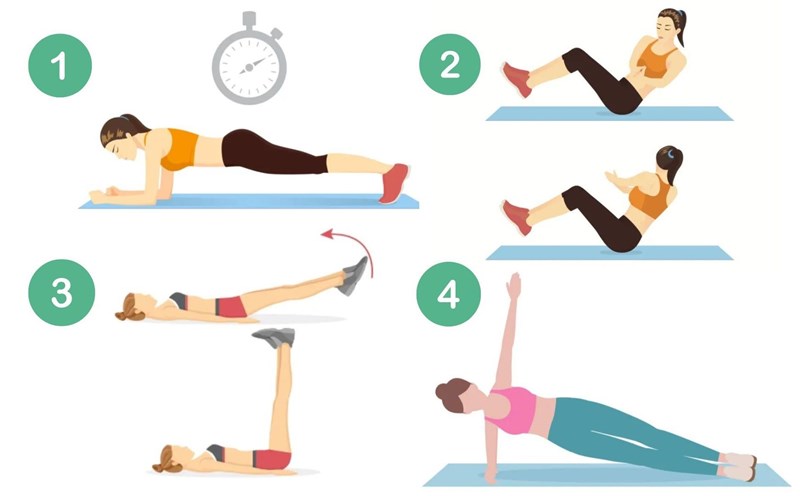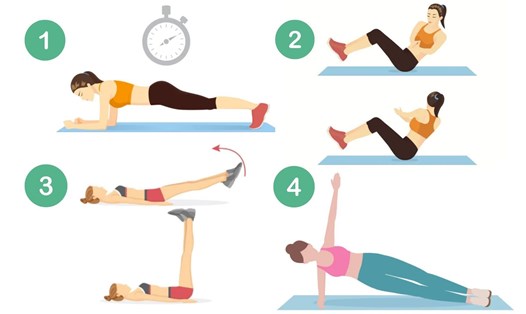Prioritize resistance training
Resistance training is one of the most effective ways to maintain and build muscle. This type of exercise involves using weights, resistance bands, or your body weight.
Focus on compound movements like deadlifts and pull-ups, as these exercises work multiple muscle groups at once. Aim to do resistance training at least 3-4 times a week. Gradually increase the intensity and resistance over time to continue to challenge your muscles and stimulate growth.
Adding resistance training to your workout routine not only combats muscle loss, but also improves bone density and increases overall strength.
Eat enough protein
Protein plays an important role in muscle recovery and growth. Without enough protein, your body may have difficulty rebuilding muscle tissue after exercise.
For people in their 50s, increasing protein intake becomes even more important because the body's use of protein for muscle synthesis slows down. Try to include protein-rich foods at every meal, such as lean meat, fish, eggs, milk, beans, and tofu.
Stay physically active throughout the day
In addition to structured exercise, staying active throughout the day is important to prevent muscle loss. A sedentary lifestyle, such as prolonged sitting, can lead to muscle atrophy over time. Incorporating light activity throughout the day helps keep your muscles active and strong.
Track your calorie intake
Maintaining a healthy weight is essential to preserving muscle. As your metabolism slows as you age, consuming too many calories can lead to fat gain. Meanwhile, eating less than you need can deprive your muscles of the energy they need to grow and repair.
Focus on eating nutrient-dense foods like fruits, vegetables, whole grains, and lean proteins. Avoid highly processed foods that provide empty calories with no nutritional value. If you want to lose weight while retaining muscle, maintain a slight calorie deficit and combine it with strength training.
Tracking your calorie intake ensures you are providing your body with enough energy to maintain muscle and overall health.
Drink enough water
Adequate hydration is essential for muscle function and recovery. Dehydration can impair muscle contractions, reduce exercise performance, and slow recovery. Since muscles are made up of approximately 76% water, staying hydrated ensures that your muscles stay healthy and efficient.
Get enough sleep
Sleep is an important factor in muscle recovery and growth. During deep sleep, the body releases growth hormones that help repair and rebuild muscle tissue. Without adequate rest, the body cannot fully recover from exercise, leading to muscle fatigue and reduced performance.










